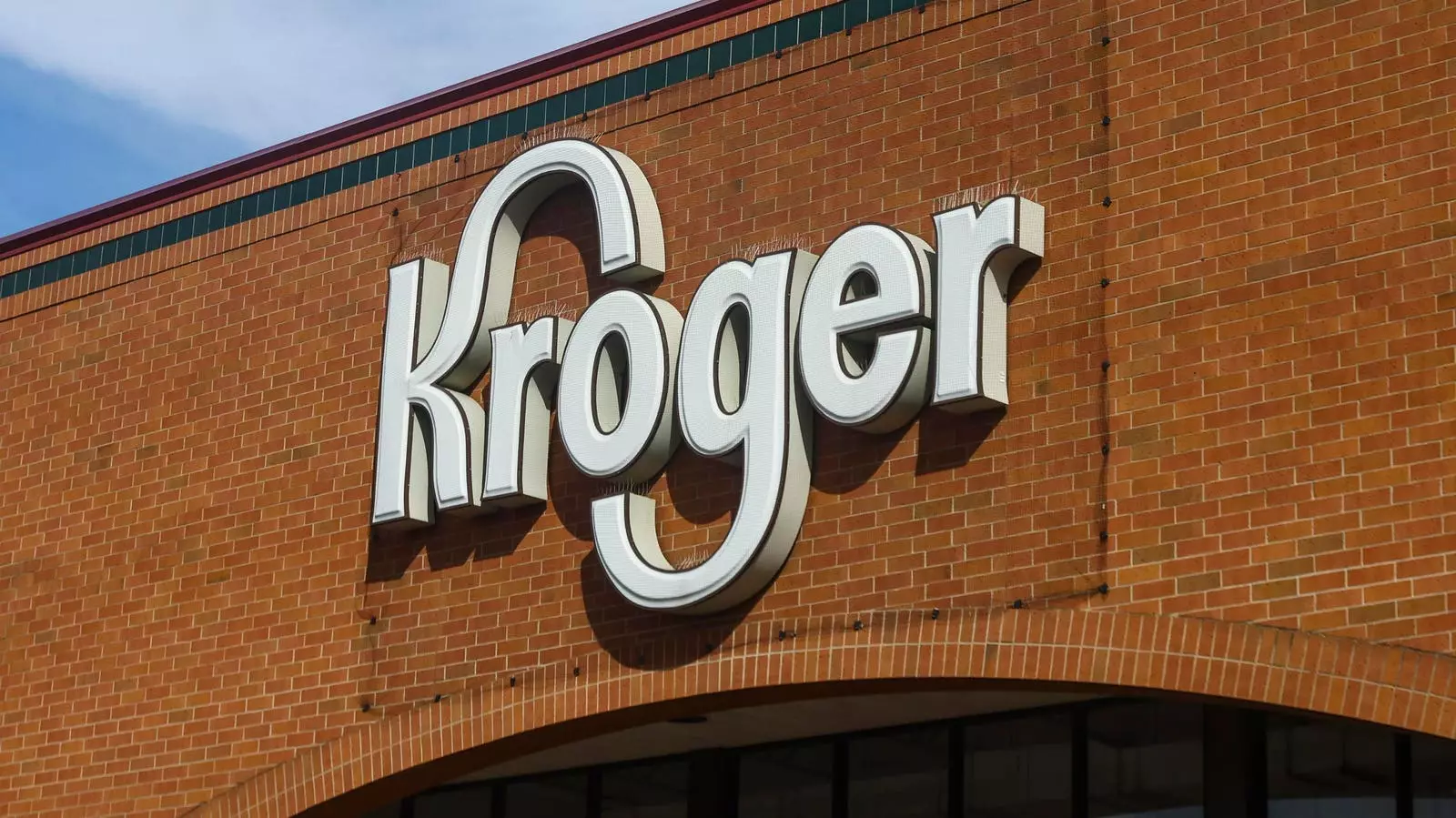The grocery sector is currently facing significant uncertainty following the abrupt cancellation of a monumental merger attempt between Kroger and Albertsons, the second and third largest supermarket chains in the United States. Valued at an estimated $25 billion, this merger promised significant changes in the grocery landscape, but two recent court rulings have thrown a wrench in these plans. The outcome of this legal saga not only disrupts the companies involved but also raises profound questions about consumer welfare and the future of grocery shopping in America.
The unraveling of the merger began with a decisive intervention from federal judges who supported a lawsuit from the Federal Trade Commission (FTC), aimed at blocking the union of these retail giants. The judges expressed concern regarding the potential consequences for consumers, particularly in terms of price increases and the probable closure of stores, which could lead to diminished access to fresh foods in key areas. This legal perspective underscores a growing trend in which regulatory bodies are increasingly vigilant about the ramifications of corporate consolidation on consumer rights and market fairness.
Following the court decisions, tensions escalated between Kroger and Albertsons. In a dramatic turn of events, Albertsons not only terminated the merger agreement but also initiated legal proceedings against Kroger. The lawsuit alleges that Kroger had not fulfilled its contractual obligations, specifically accusing it of failing to make the requisite efforts to secure regulatory approval. Kroger’s rebuttal frames these claims as unfounded and reiterates its stance that Albertsons had committed multiple breaches of the agreement themselves. This public spat has shifted the focus from a cooperative merger to an acrimonious legal battle, fostering mistrust between the companies.
The implications of this merger’s failure stretch beyond corporate boardrooms and legal predicaments; they significantly affect the workforce and consumers alike. The United Food and Commercial Workers (UFCW), which represents thousands of Kroger employees, has publicly called for the resignation of Kroger’s CEO, Rodney McMullen. This plea comes on the heels of Kroger’s announcement of a substantial $7.5 billion stock buyback, made just after the merger was blocked. This financial maneuver has drawn criticism, as it allegedly prioritizes shareholder interests over commitments to improve consumer prices and invest in worker wages during the merger negotiations.
Members of the UFCW argue that using such a large sum for shareholder payouts—10 times what Kroger had proposed for price cuts—demonstrates a glaring disregard for the company’s labor force and the communities it serves. This scenario not only reflects corporate priorities but raises ethical questions about how companies balance shareholder value with social responsibility. The timing and nature of Kroger’s financial choices ignite broader discussions on corporate governance and the moral obligations of large corporations in periods of economic distress.
The collapse of this merger has far-reaching implications for consumers, particularly regarding market competition. The FTC’s intervention signals a renewed emphasis on protecting consumer interests against possible monopolistic behavior that could result from corporate mergers. In the grocery sector, prices and product availability are intensely intertwined with market structures. Consolidations like the Kroger-Albertsons deal threaten to reduce competition, often leading to increased prices and fewer choices for consumers.
Moreover, the looming possibility of store closures, as noted in the court’s ruling, raises startling concerns about access to grocery stores, particularly for marginalized communities. If larger conglomerates withdraw from certain markets, the resultant food deserts can exacerbate societal inequalities. The case also adds urgency to the dialogue around food security and community access to quality nutrition, making it a pivotal moment for advocacy in the grocery sector.
As the legal proceedings continue, the repercussions of the Kroger-Albertsons merger debacle will serve as a cautionary tale for the grocery industry. The tensions and complexities brought to light reflect not only the fragility of large-scale corporate mergers but also the vulnerabilities present in an economy heavily impacted by such consolidated entities. It remains to be seen how this episode will shape the future of grocery retailing in America, but it undoubtedly underscores the necessity for vigilance and engagement from consumers, workers, and regulators alike.
In a rapidly evolving industry landscape, stakeholders must prioritize sustainability and inclusivity, ensuring that consumer rights and welfare are not sidelined in favor of corporate profits. The outcome of the legal battle will likely set a precedent for how regulatory frameworks engage with industry giants in the future—an outcome that will be watched closely by all parties involved. As we navigate this uncertainty, one thing is clear: the grocery industry may be at a turning point, necessitating a shift in both corporate and consumer ethos for a more equitable marketplace.

